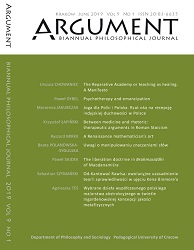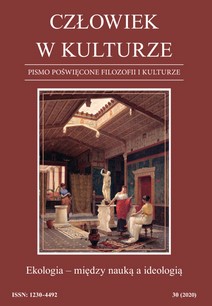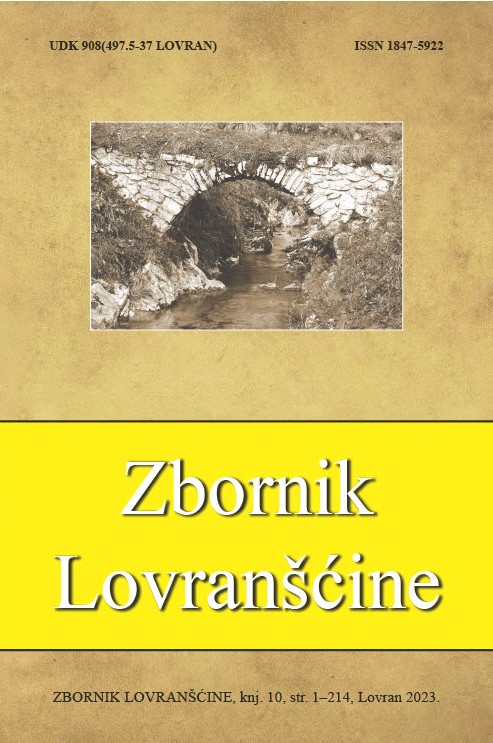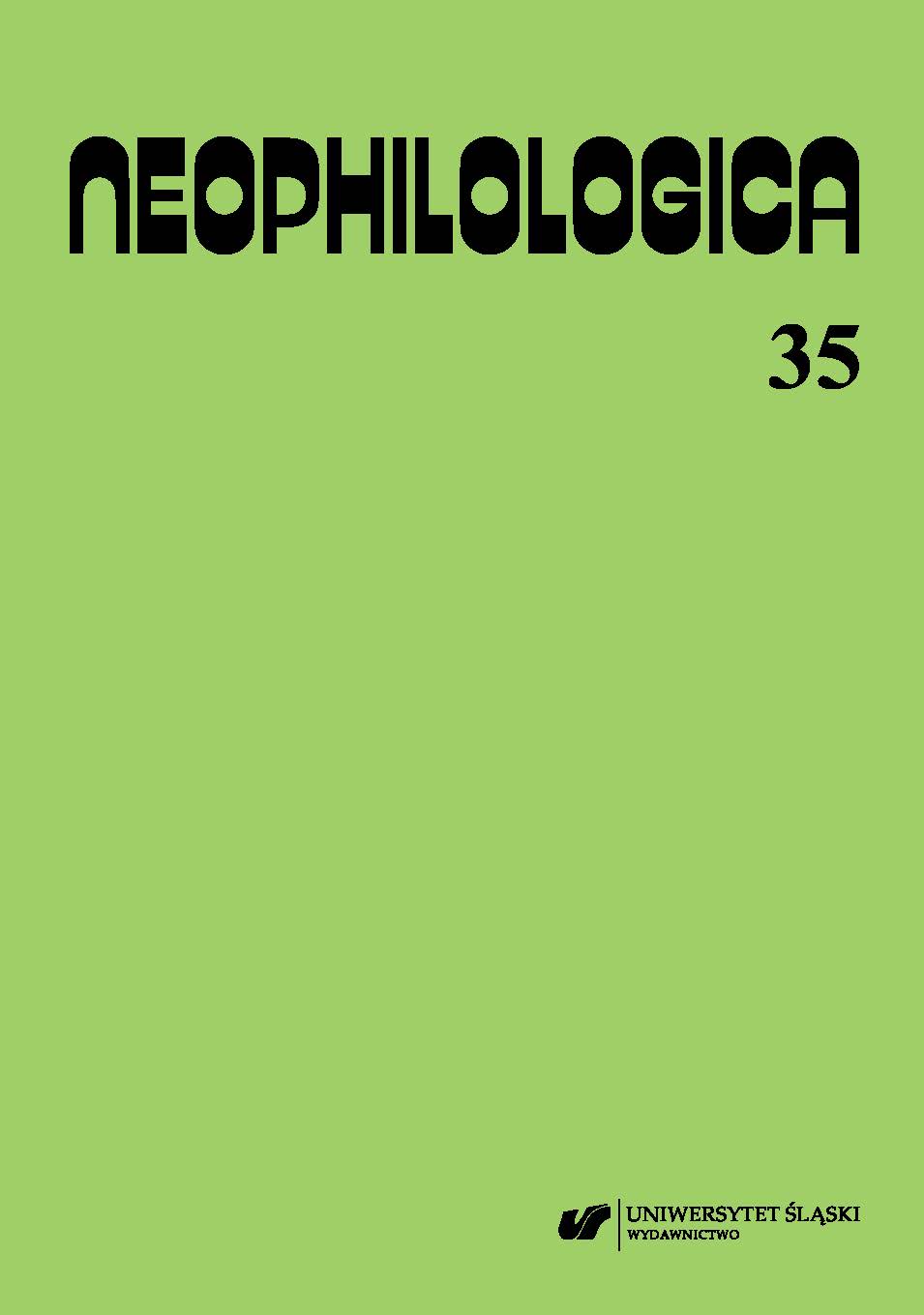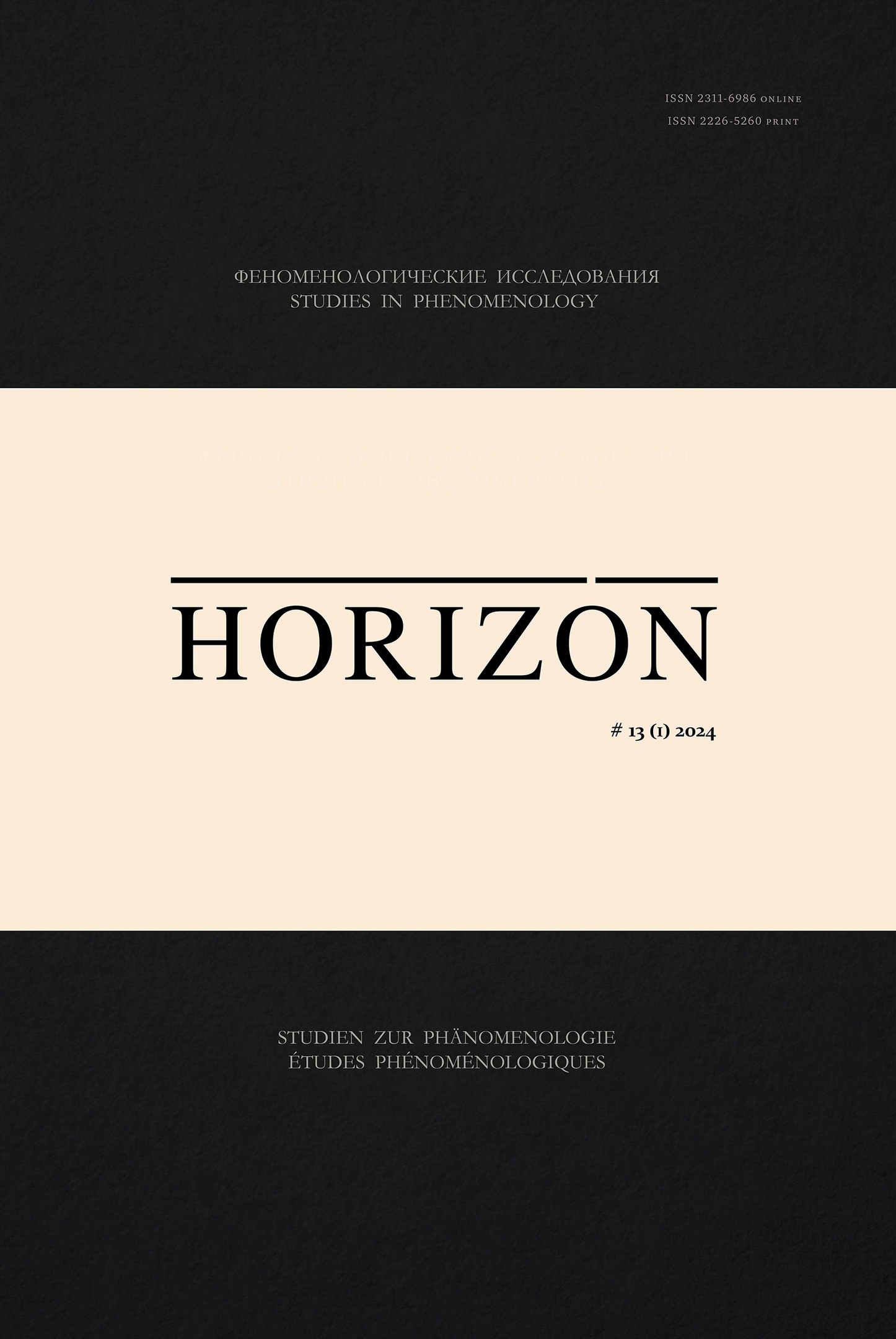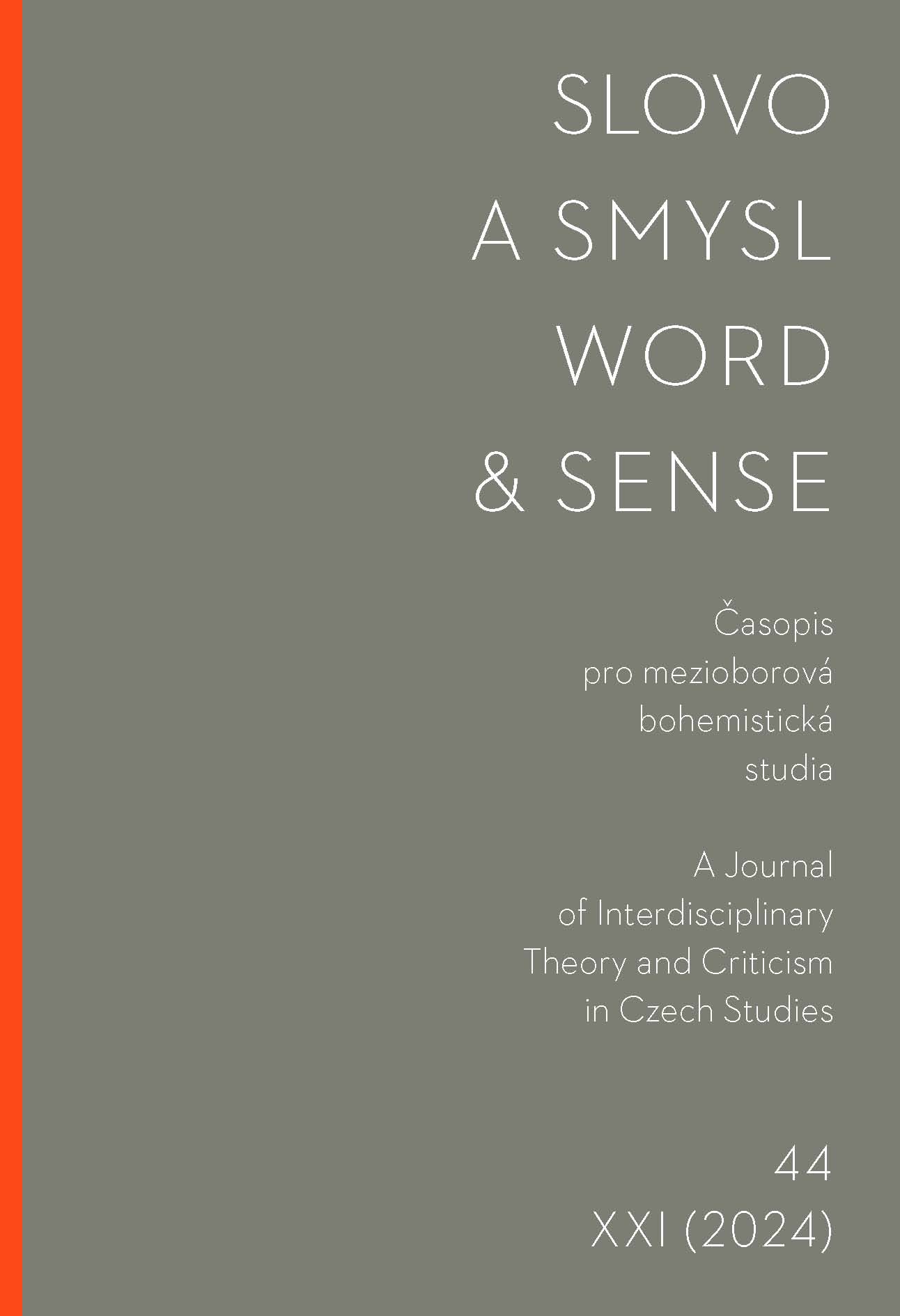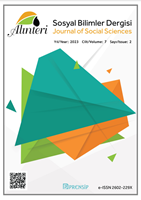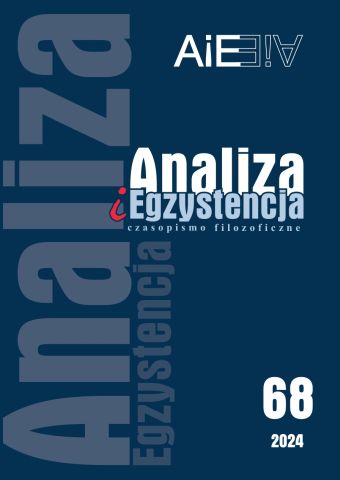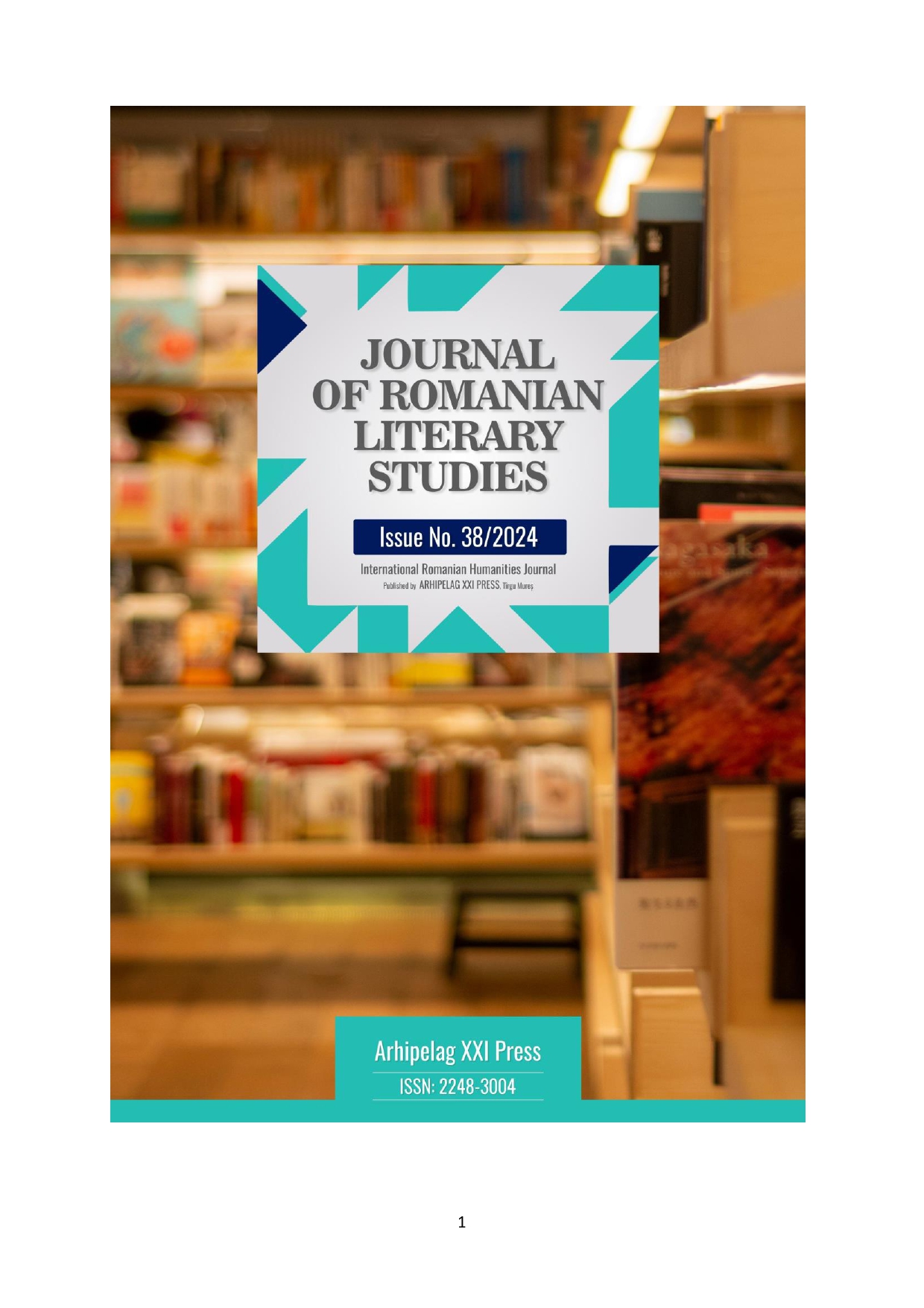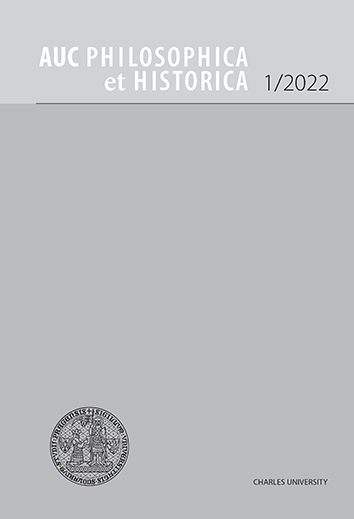
Fictional Names, Fictional Characters and Persons Referred to in Narrative Fiction
The paper is based on a strict distinction between the notion of a person referred to by a fictional name, as uttered within a text of narrative fiction, and the notion of a fictional character. The literary functions of such a text require the reader to interpret the occurences of a fictional name as records of utterances of that name by the narrator, referring to that individual which has been assigned that name at the beginning of the chain to which these utterances belong. This, according to the author’s view, provides proper basis also for interpretation of various kinds of extratextual use of fictional names. A literary character is, on the contrary, an element of a construction of a literary work and is identified by a set of requirements (e.g. of the kind mentioned above) imposed by the text’s literary functions on the reader. The author attempts to justify the assumption that the referential function of fictional names so understood is to be interpreted as directed to the actual world (rather than to an artificial world created by the writer), to specify the (rather limited) role reserved for pretense within this approach, to explain the implications of this account of fictional characters for the dispute between realists and anti-realists in this field etc.
More...

